Frequently Asked Questions
1. Why is a quality chef's knife important in the kitchen?
2. What are the key components of a chef's knife?
3. How can a chef's knife influence my cooking techniques?
4. What should I consider when choosing a chef's knife?
5. What are some ideas for personalized gifts for food enthusiasts?
Every aspiring home cook or professional chef knows that the right tools can make all the difference in the kitchen. Among these tools, chef's knives stand out as essential instruments that can significantly impact your cooking techniques. Not only do they enable precision and efficiency, but they can also inspire creativity and elevate meal preparation into an art form. In this article, we’ll explore how chef’s knives can enhance your cooking experience and the importance of choosing personalized gifts for food enthusiasts.
The Importance of a Quality Chef's Knife
A quality chef's knife is often referred to as the 'workhorse' of the kitchen. It’s not just a tool for chopping vegetables; its versatile nature allows for various tasks, including slicing, dicing, mincing, and julienning. Investing in a good chef's knife can drastically transform the way you cook. Here are some essential reasons why having a quality chef's knife is crucial:
- Efficiency: A well-balanced knife reduces strain on your wrist and hands, enabling faster and smoother cuts. This efficiency can lead to quicker meal preparation, giving you more time to enjoy your culinary creations.
- Precision: Professional-grade knives are designed to provide clean and precise cuts. This is particularly crucial when preparing meals that require specific sizes for even cooking.
- Versatility: Chef's knives can tackle a variety of ingredients, from meats to herbs. One knife can replace many others, simplifying your kitchen toolkit.
Understanding the Anatomy of a Chef's Knife
To fully appreciate the impact of a chef’s knife on your cooking techniques, it's vital to understand its anatomy. Here are the key components that contribute to its effectiveness:
The Blade
The blade is the most important part of the chef's knife. It should be made of high-quality stainless steel or carbon steel, offering durability and sharpness. The blade's shape also plays a role in how the knife performs; for instance, a curved blade facilitates rocking motions for fine mincing.
The Handle
The handle should feel comfortable and secure in your hand. Materials can vary from wood to synthetic composites. A well-designed handle can provide a secure grip, crucial for precise movements.
The Tang
The tang refers to the part of the blade that extends into the handle. A full tang, which runs the entire length of the handle, promotes balance and stability, making chopping easier and safer.
How Chef's Knives Influence Cooking Techniques
The choice and quality of your chef's knife can dramatically influence your cooking techniques. Here’s how they can transform the way you approach cooking:
Enhanced Cutting Techniques
With a sharp chef's knife, cutting techniques such as chopping, slicing, and dicing become more refined. For example, a well-honed blade requires less downward force to cut through vegetables, allowing for smoother, more controlled movements. This level of precision makes it easier to achieve uniformity in your cuts, which is essential for cooking times and presentation.
Greater Control and Confidence
A high-quality chef’s knife offers better control, allowing cooks to develop their techniques without fear of slipping or using excessive force. When you feel confident in your knife skills, you’re more likely to experiment with different cooking styles and recipes.
Creativity in the Kitchen
When the tools at your disposal are of high quality, your creativity can flourish. A sharp, agile knife encourages you to try new culinary techniques, such as more intricate cuts or advanced plating designs. Moreover, it can also inspire you to create personalized gifts for food enthusiasts, as custom items crafted from your unique culinary experiences can serve as memorable tokens.
Choosing the Right Chef's Knife for Your Cooking Style
Having established the significance of a high-quality chef's knife, how do you choose the right one? Here are some tips:
Consider Your Cooking Style
Are you a home cook who enjoys making gourmet dishes, or do you prefer quick meals? A larger knife may suit the former, while a lightweight, smaller knife may be more appropriate for those that favor speed and simplicity in the kitchen.
Evaluate Blade Material
As previously mentioned, stainless steel and carbon steel are two common materials for chef's knives. Each has its advantages; stainless steel is more resistant to corrosion, while carbon steel can maintain a sharper edge for longer. Understanding these characteristics can guide you to a knife that fits your needs.
Try it Before You Buy
Whenever possible, hold the knife in your hand before purchasing. Ensuring that it feels comfortable and fits naturally in your grip makes a significant difference when you start using it in your culinary endeavors.
Maintenance for Longevity
A chef’s knife can last a lifetime with the right care. Here are essential maintenance tips to ensure its longevity:
Regular Sharpening
Keeping the blade sharp is non-negotiable for any chef. Regularly sharpening the knife not only improves cutting performance but also minimizes the risk of accidents caused by the misuse of a dull knife.
Proper Cleaning
To maintain the integrity of your knife, hand-wash it with mild soap and a sponge rather than placing it in a dishwasher. This avoids damaging the blade and handle from harsh dishwasher detergents and hot water.
Safe Storage
Invest in magnetic strips or knife blocks to store your knives safely. Avoid tossing them in drawers, as this can dull the blades and pose safety risks.
Personalized Gifts: A Unique Touch
For culinary enthusiasts, a personalized gift can add a special touch to their kitchen experience. Whether it’s a custom-engraved knife, a handmade cutting board, or even a collection of spices curated for their tastes, personalized gifts can turn a simple tool into a treasured item. These gifts also serve as a reminder of the thoughtfulness behind each culinary endeavor, making them more meaningful.
Why Personalized Gifts Matter
Giving personalized gifts allows you to connect with loved ones in a deeper way. Cooking is often about sharing and creating memories. A personalized kitchen tool can ignite a passion for food and cooking in the recipient, encouraging them to explore new dishes or improve their techniques.
Ideas for Personalized Gifts
- Engraved Chef's Knife: Choose a high-quality chef's knife and engrave it with a name or a meaningful date for a truly unique gift.
- Customized Recipe Book: Compile a collection of treasured recipes along with personal notes and anecdotes.
- Personalized Apron: Craft a unique apron with custom messages or art for the budding chef in your life.
Time to Transform Your Cooking Experience
In summary, the importance of a quality chef's knife cannot be overstated. From enhancing cutting techniques and boosting confidence to inspiring creativity, the right knife can significantly impact your cooking. Additionally, personalized gifts can elevate the culinary adventure, creating lasting memories both for the giver and the recipient. Investing in a high-quality chef's knife, choosing the right one for your cooking style, and committing to proper maintenance will not only improve your kitchen toolkit but also enhance your cooking journey. Let your passion for cooking shine through with the right tools and thoughtful gifts that inspire creativity and connection!






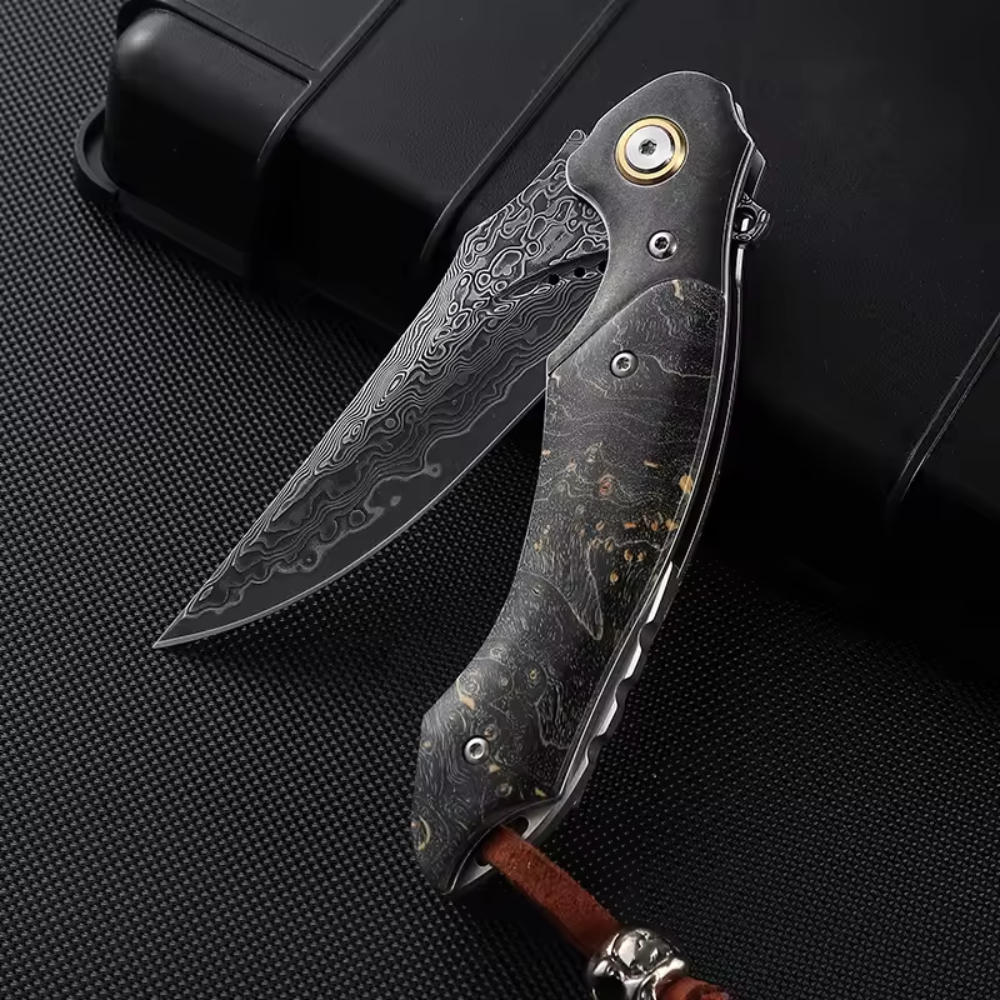
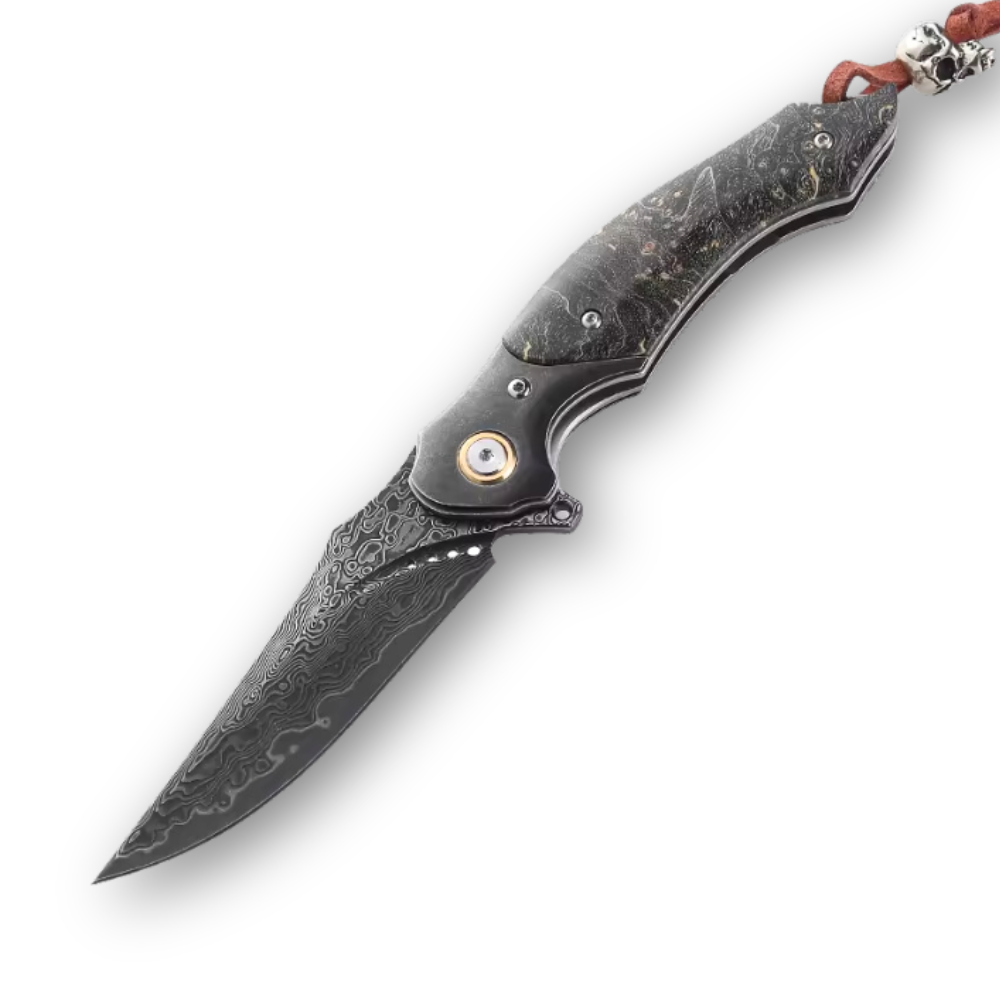
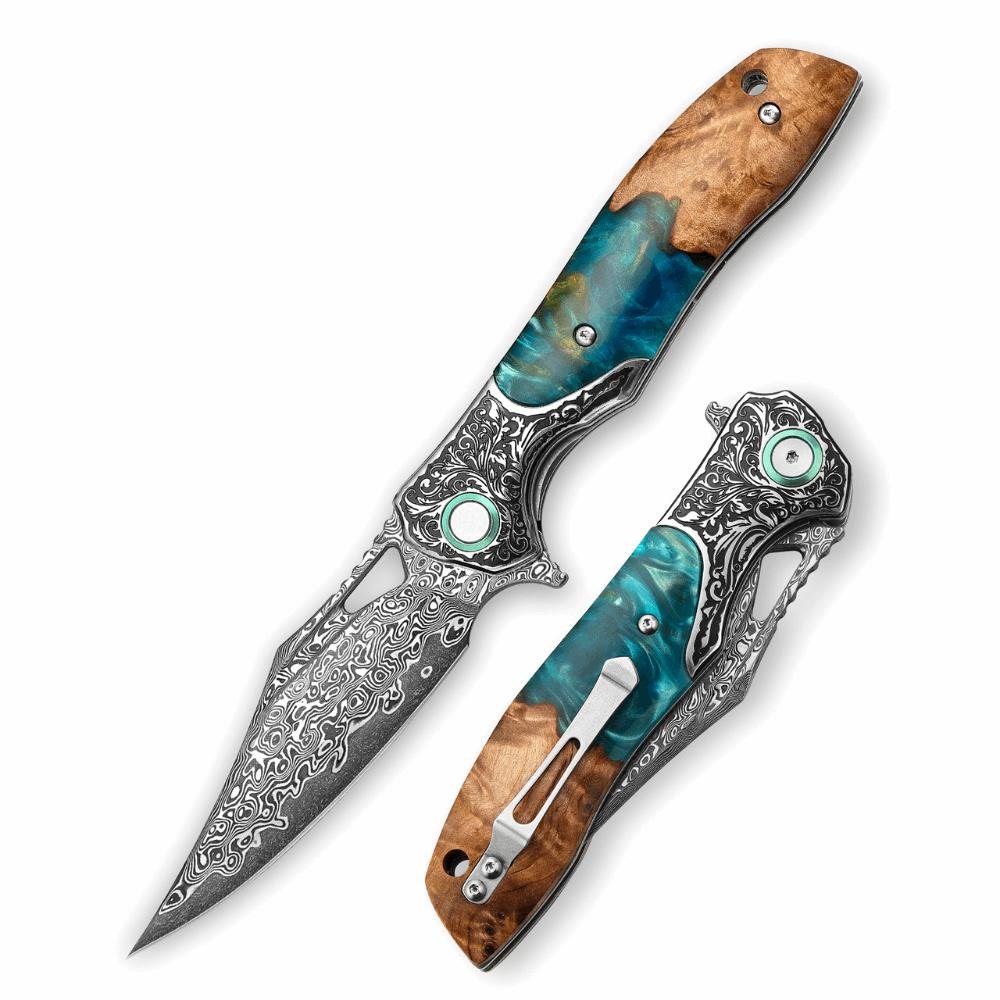
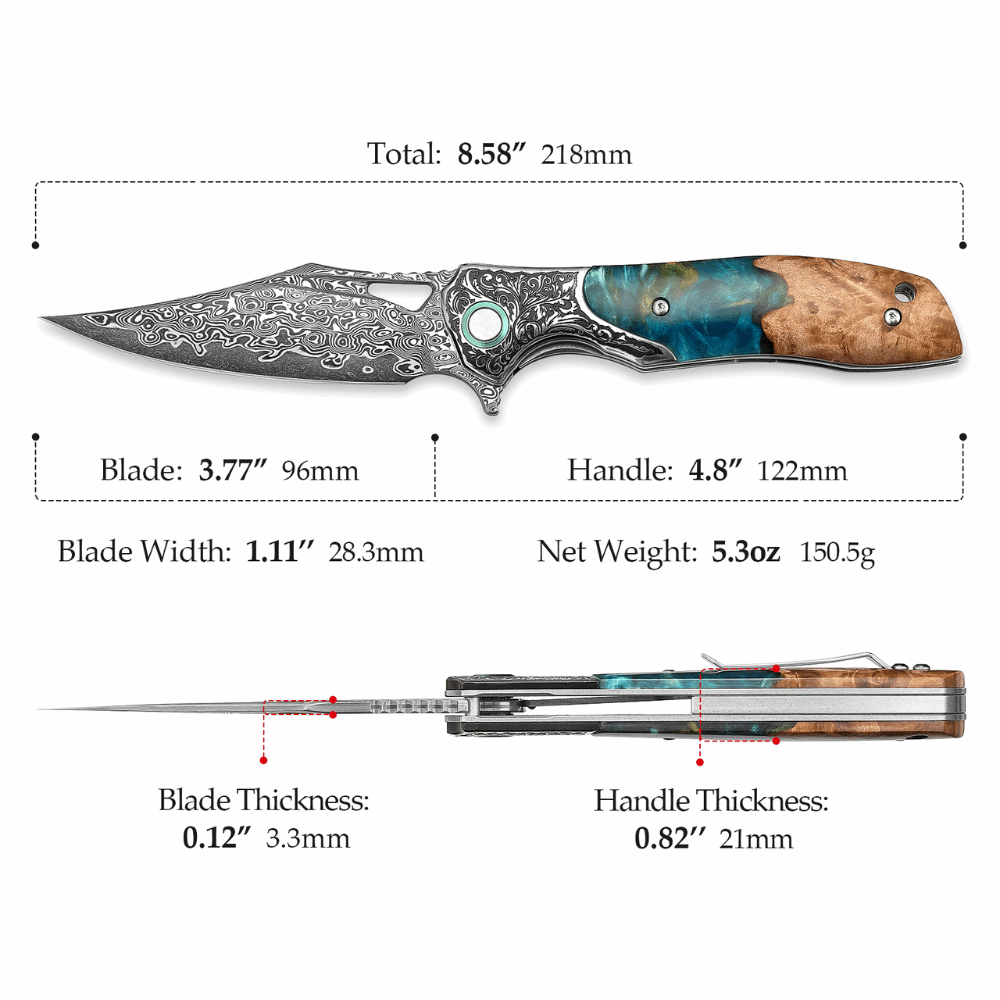
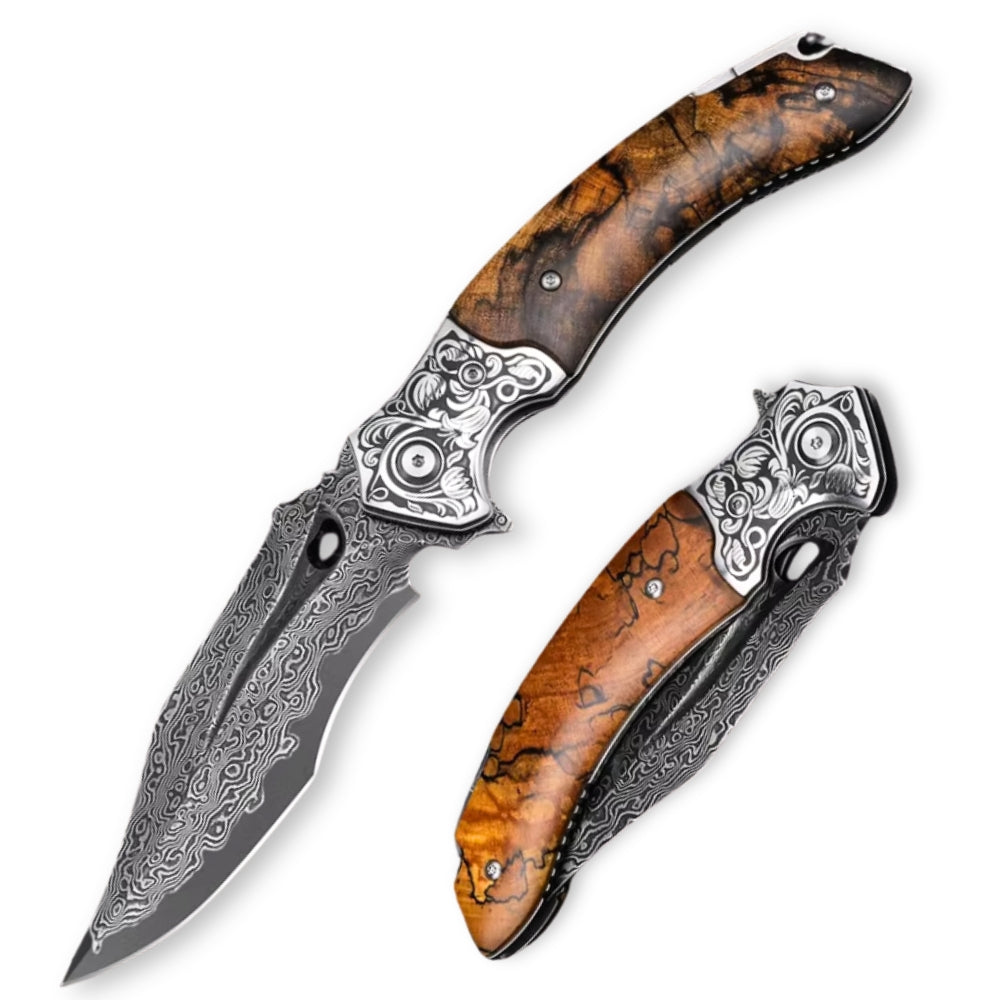
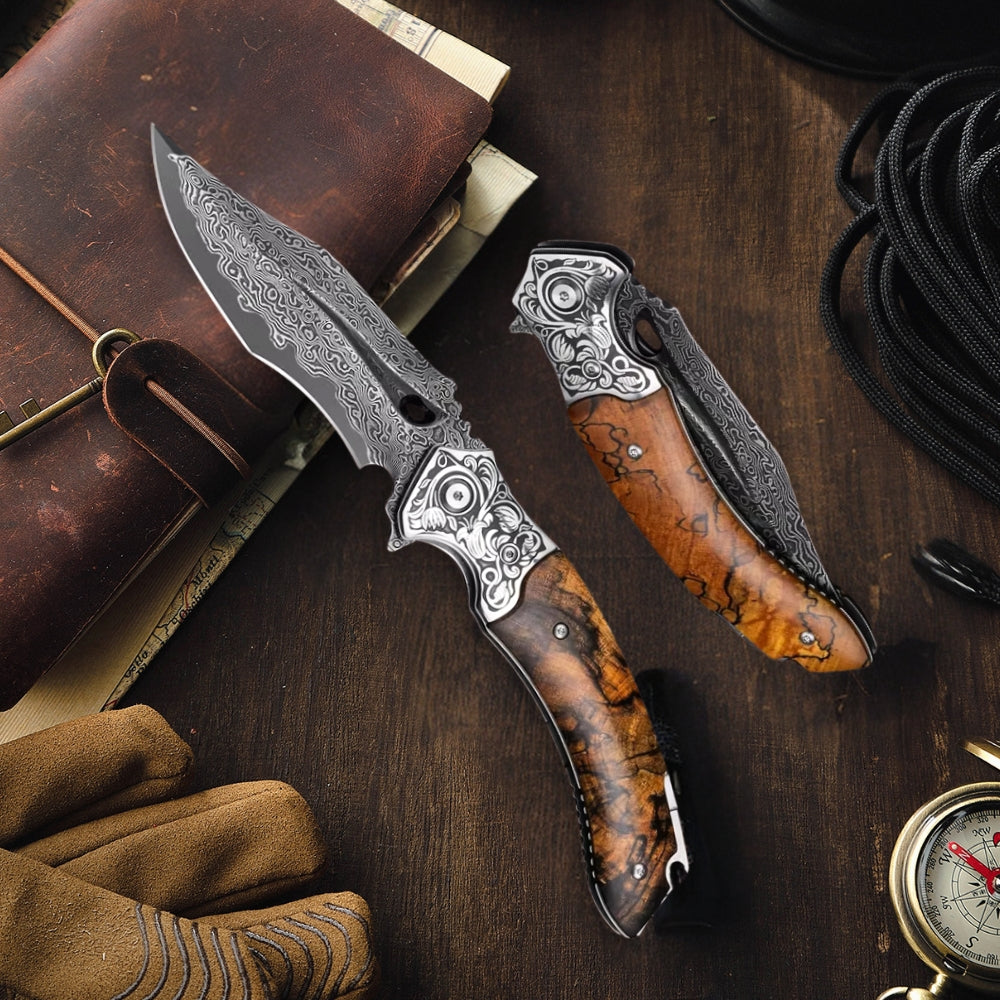
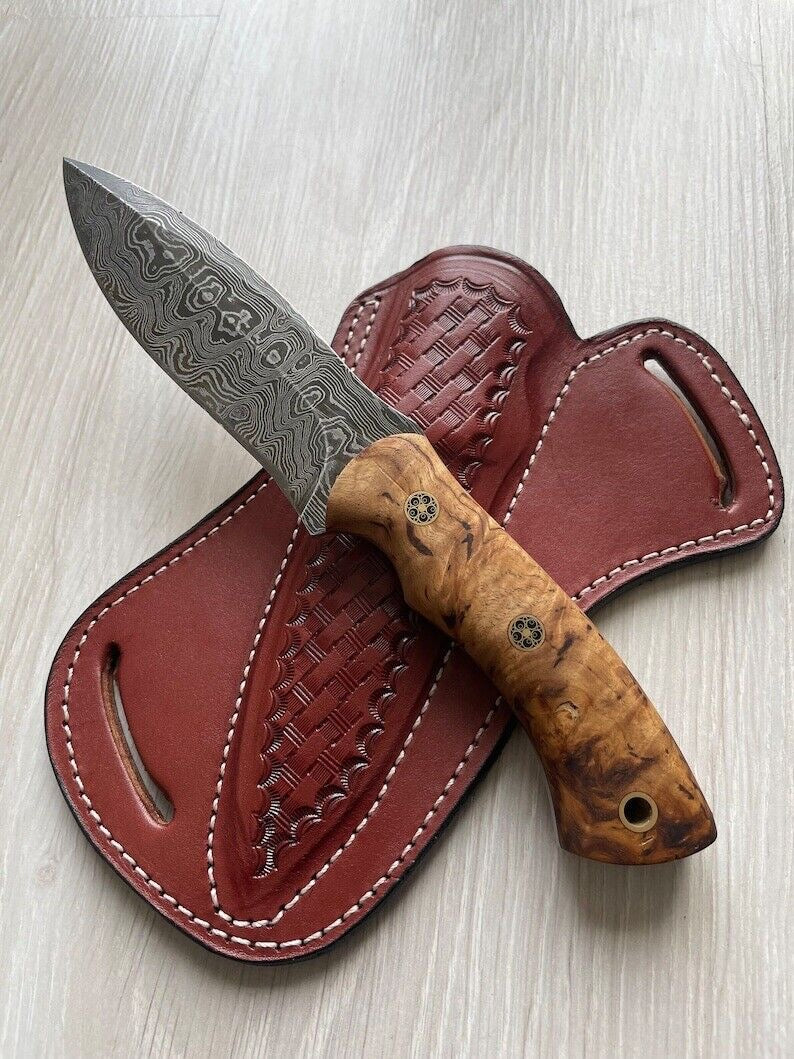
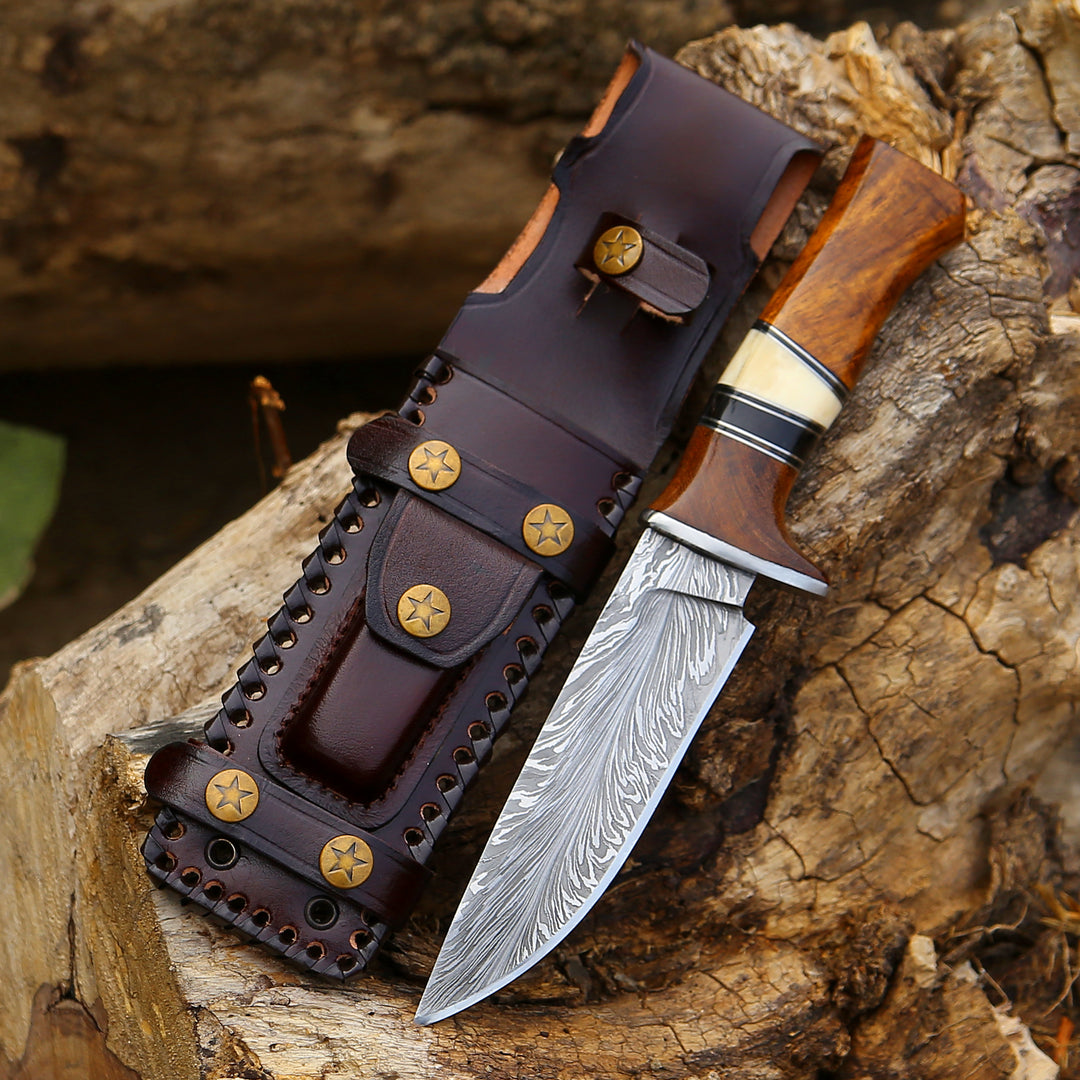
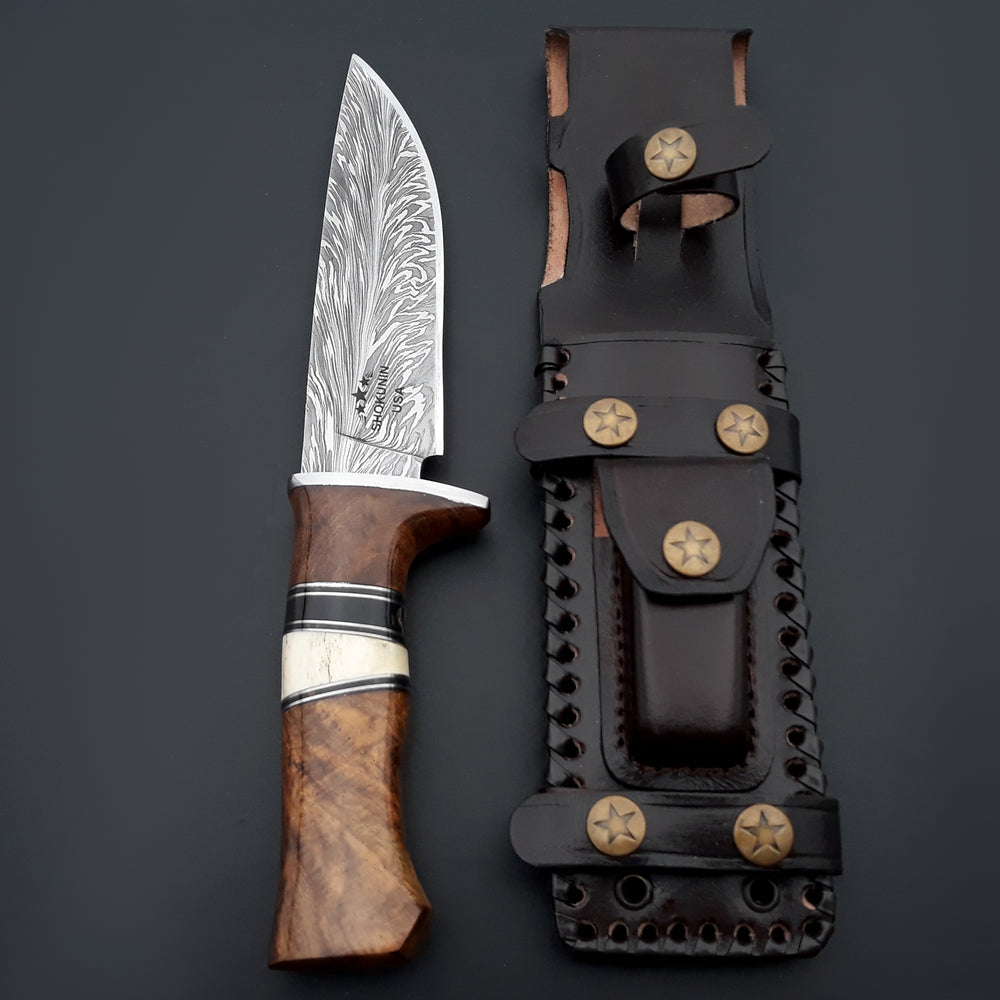
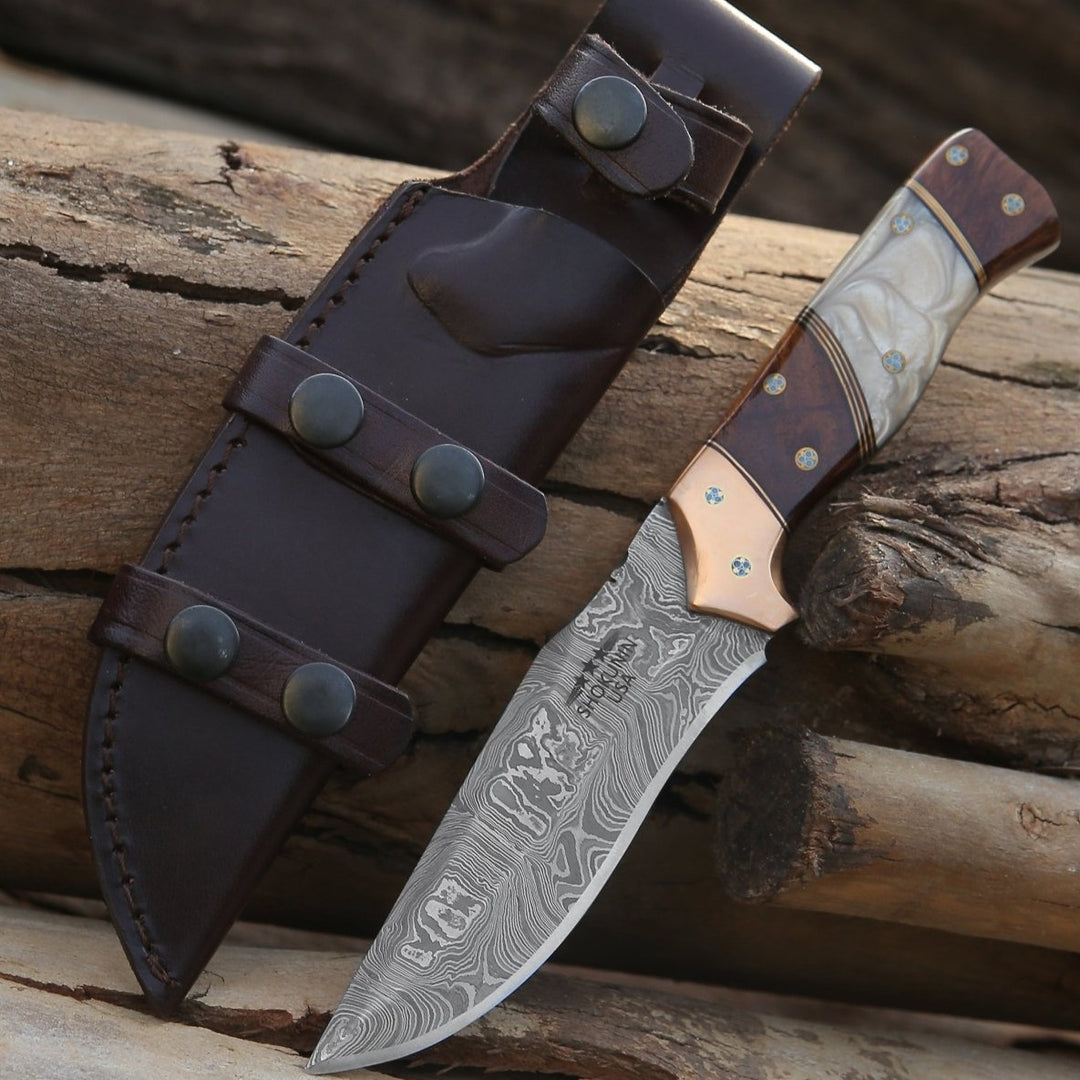
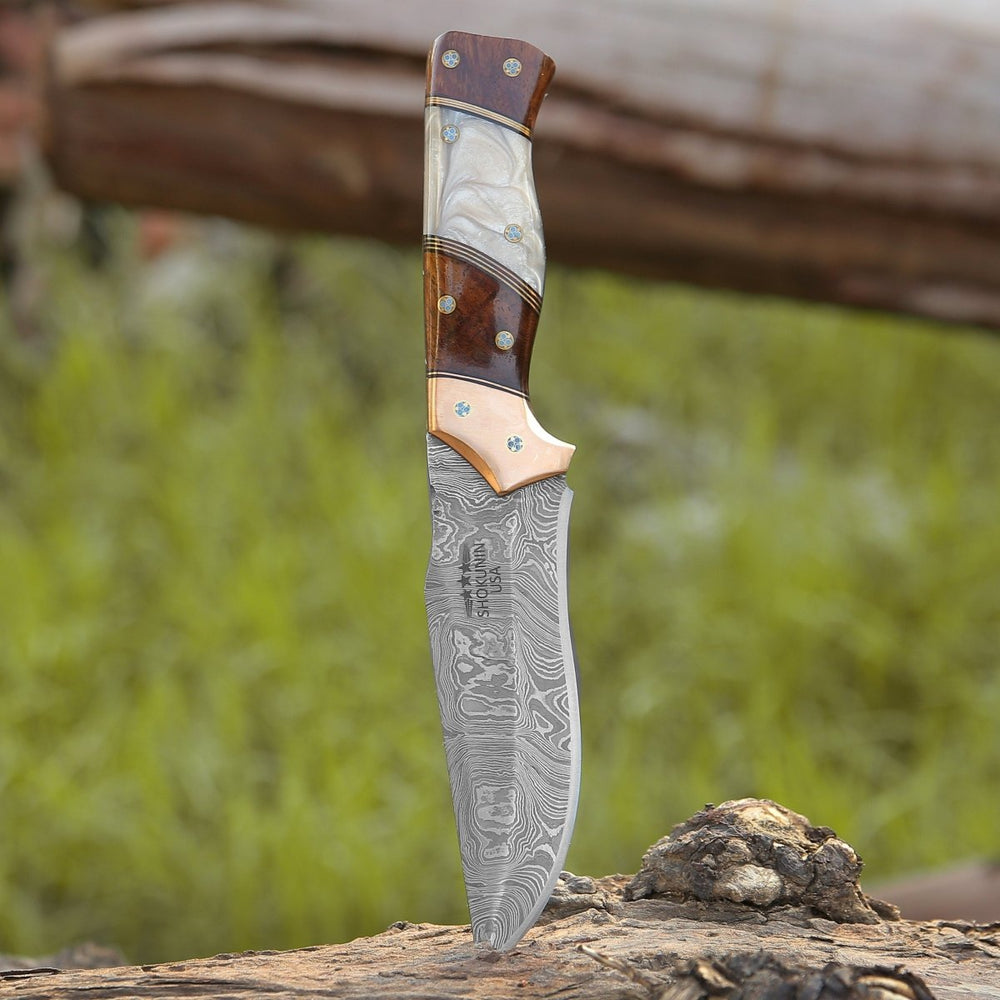
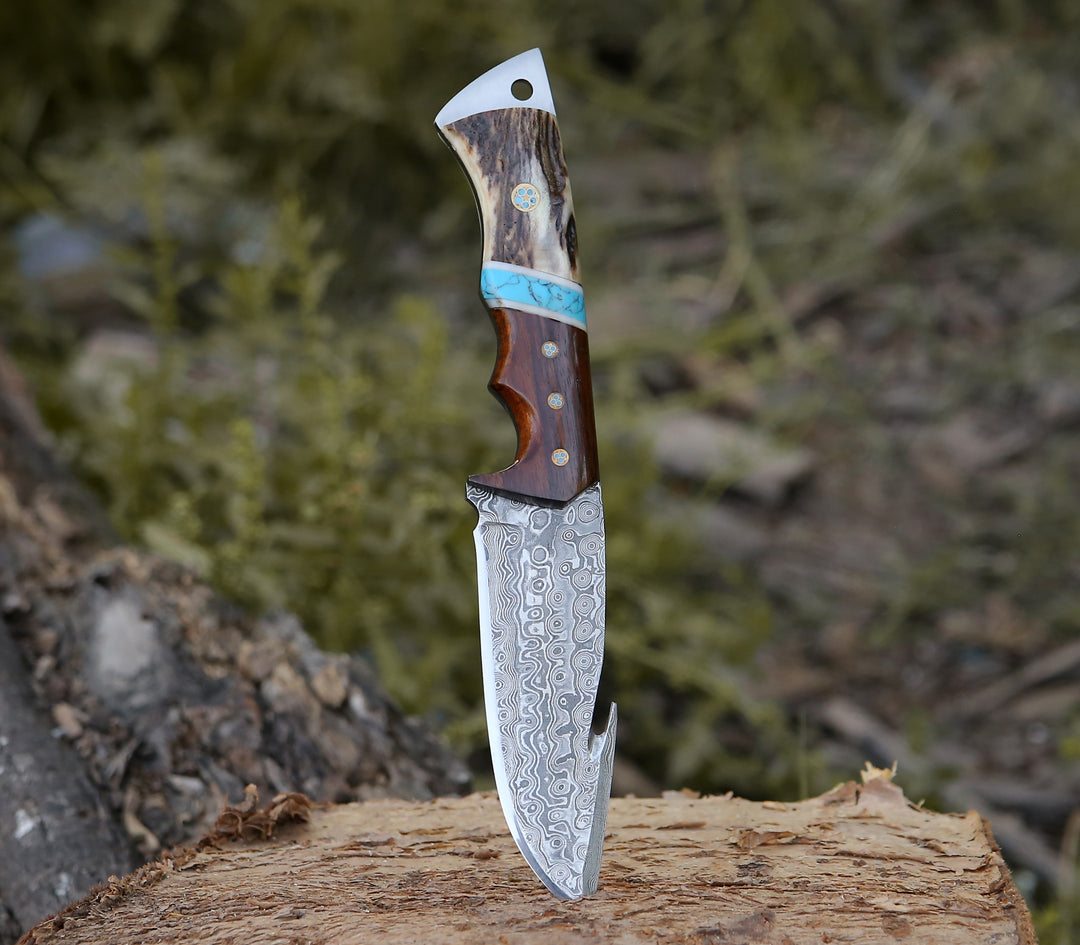
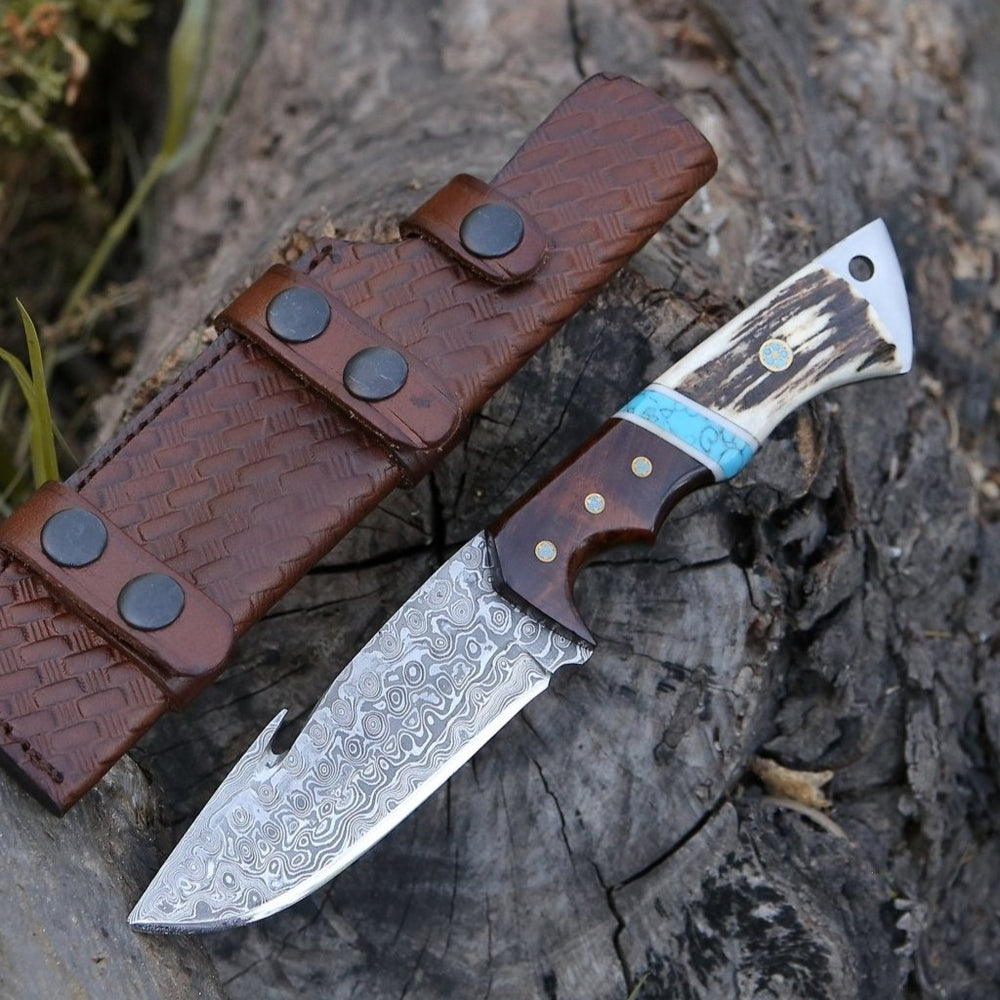
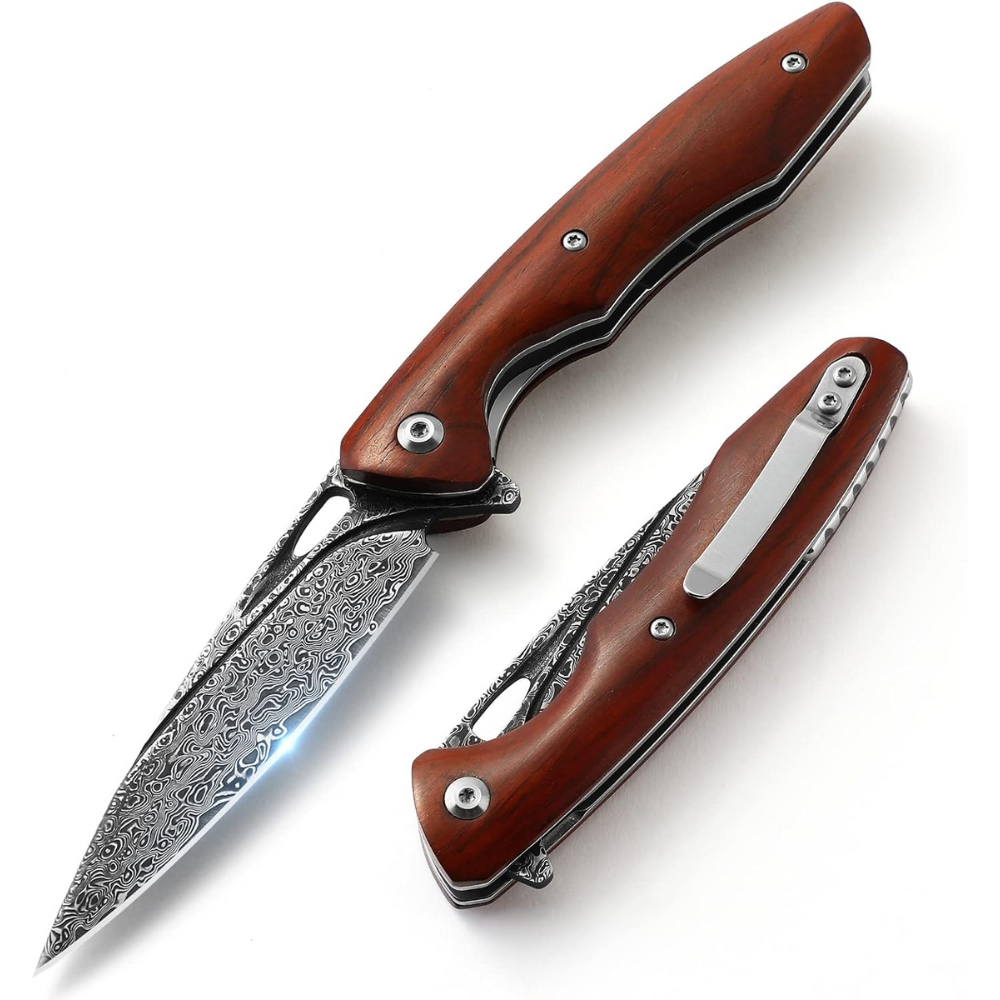
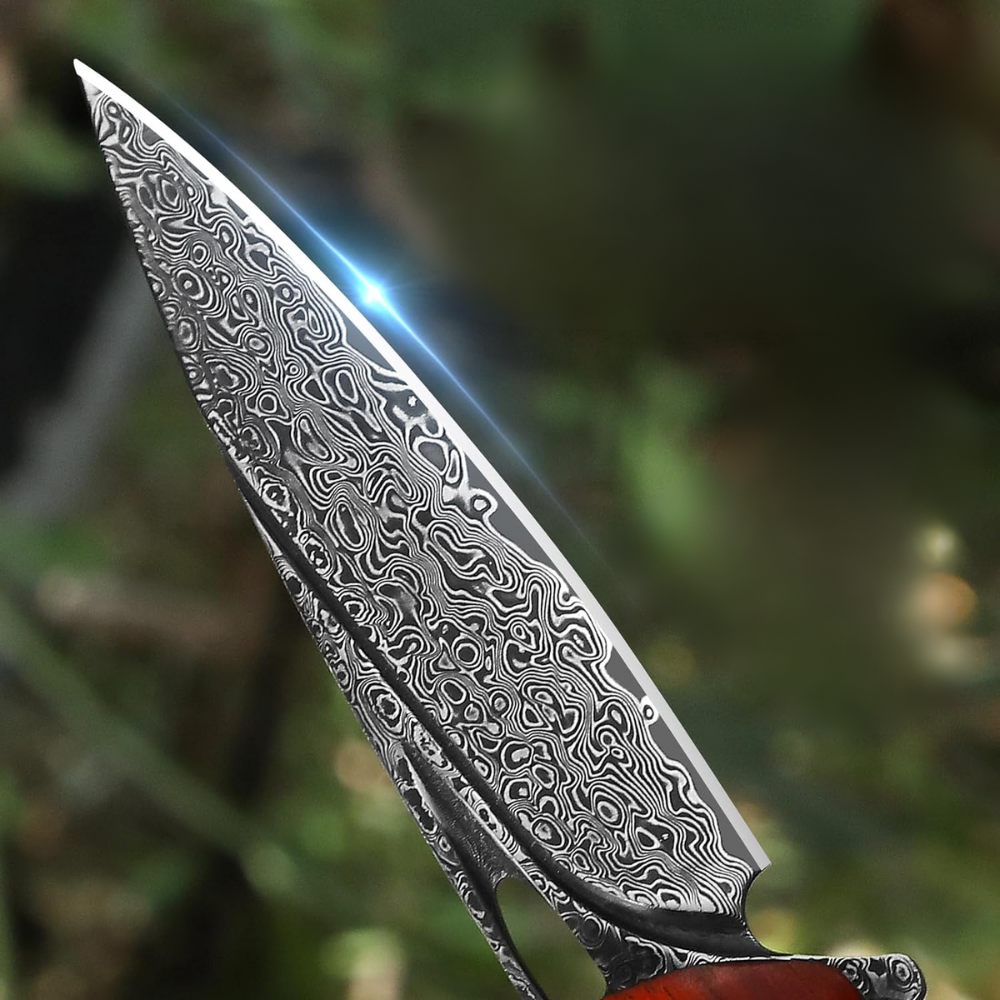
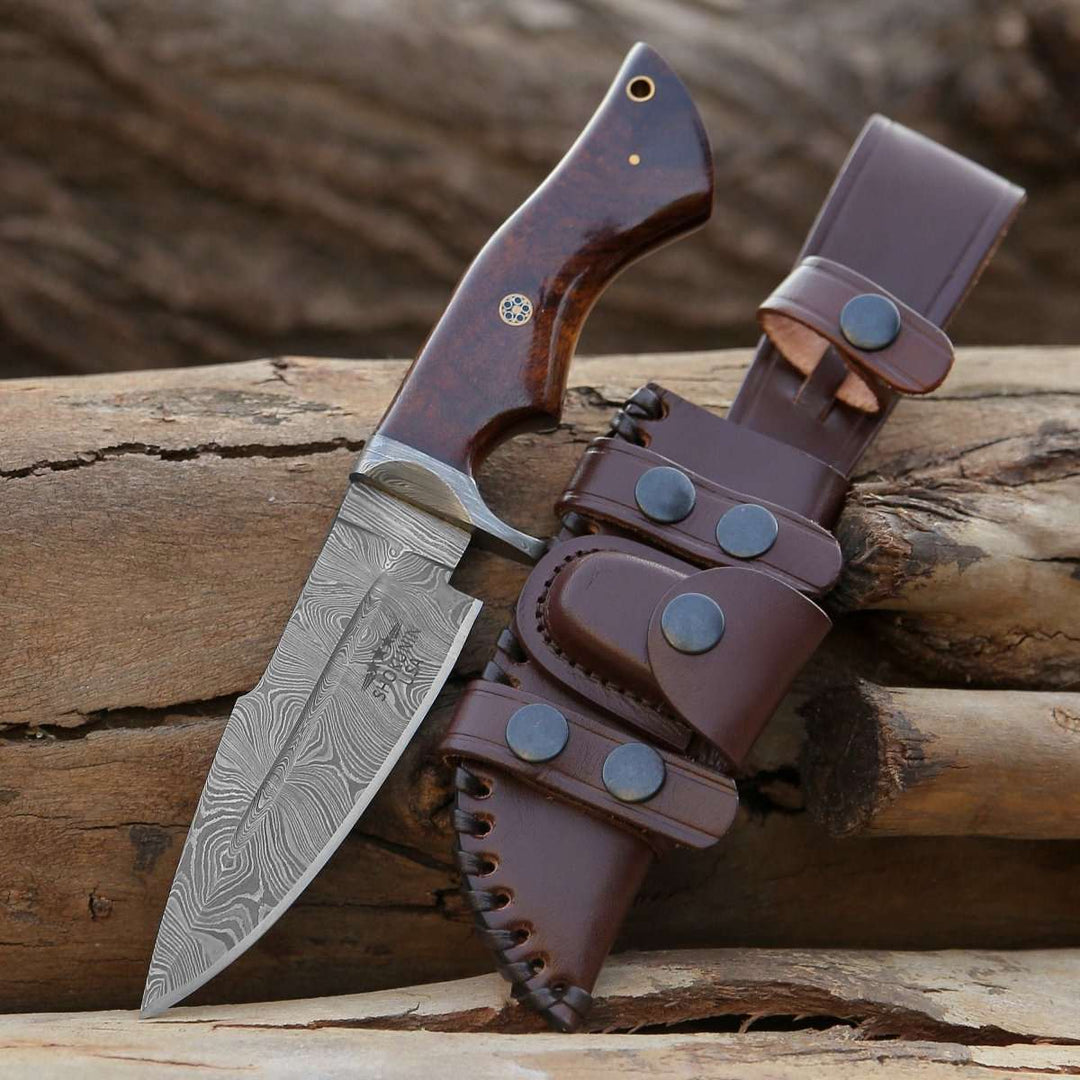
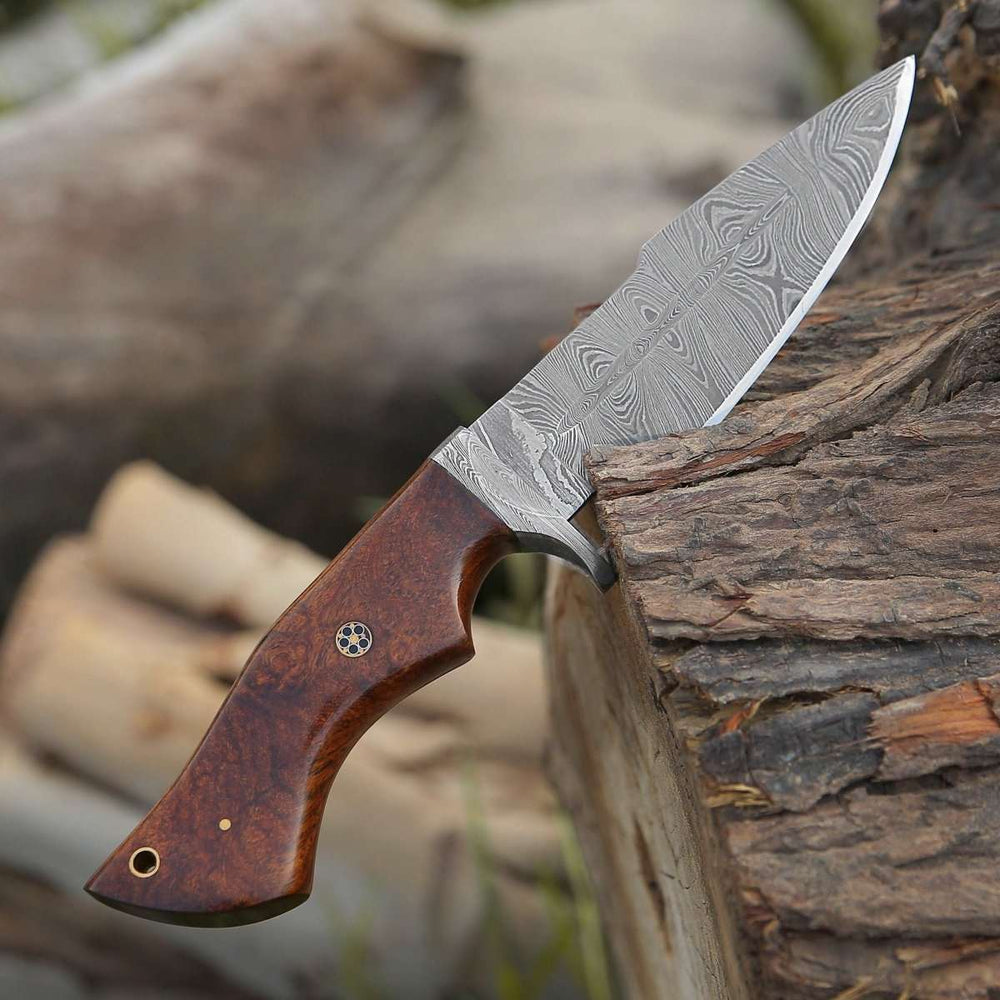
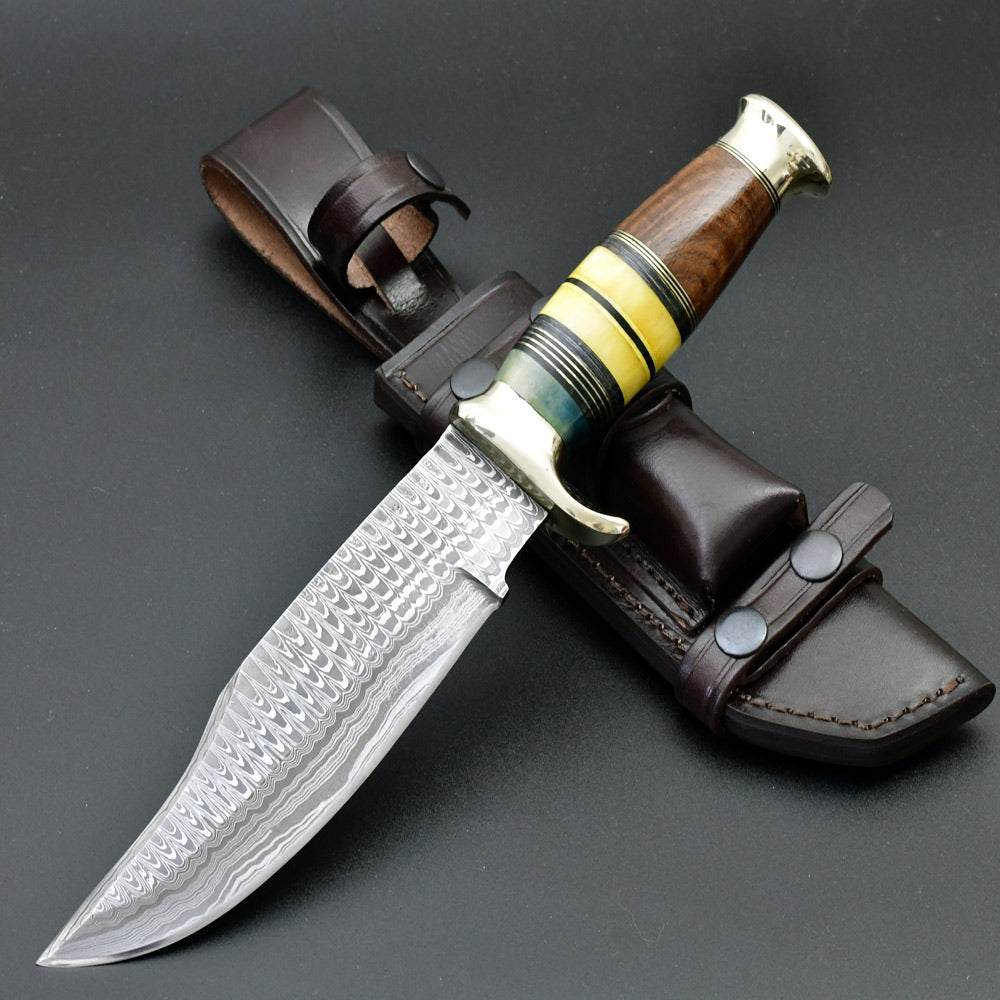
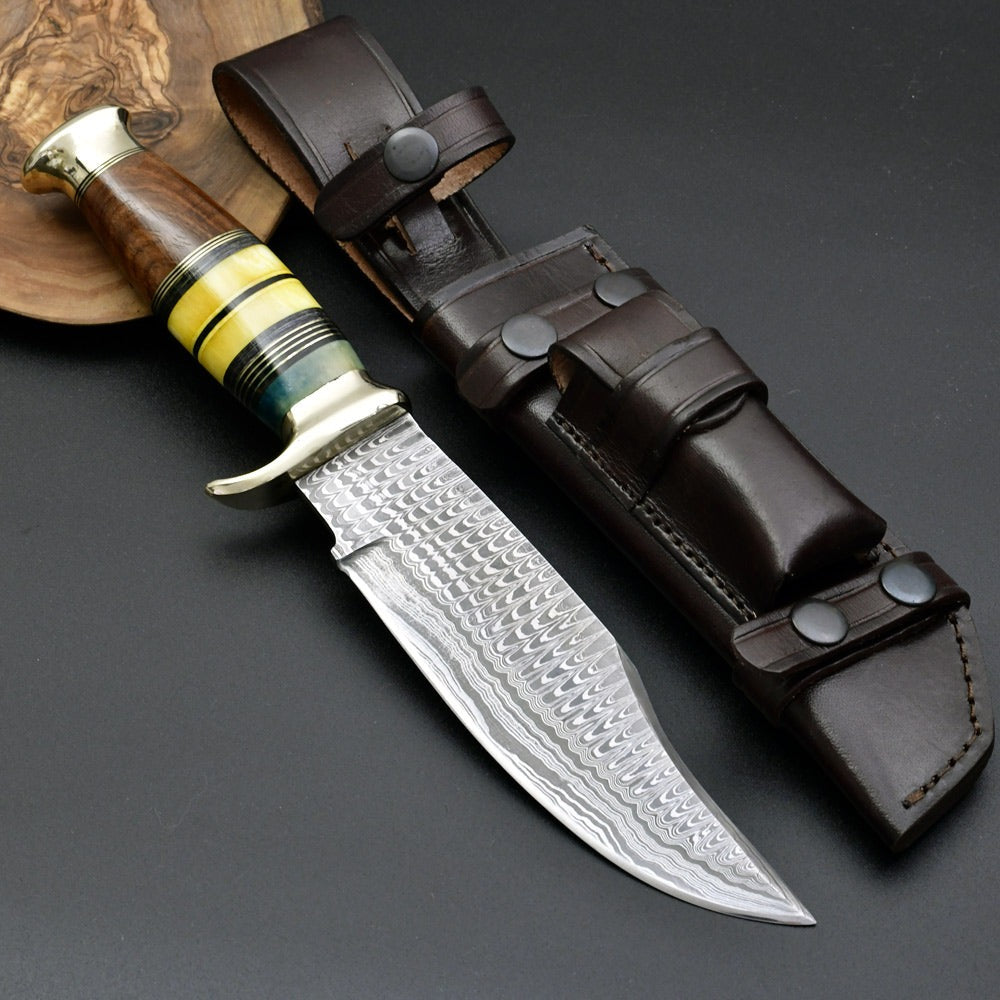
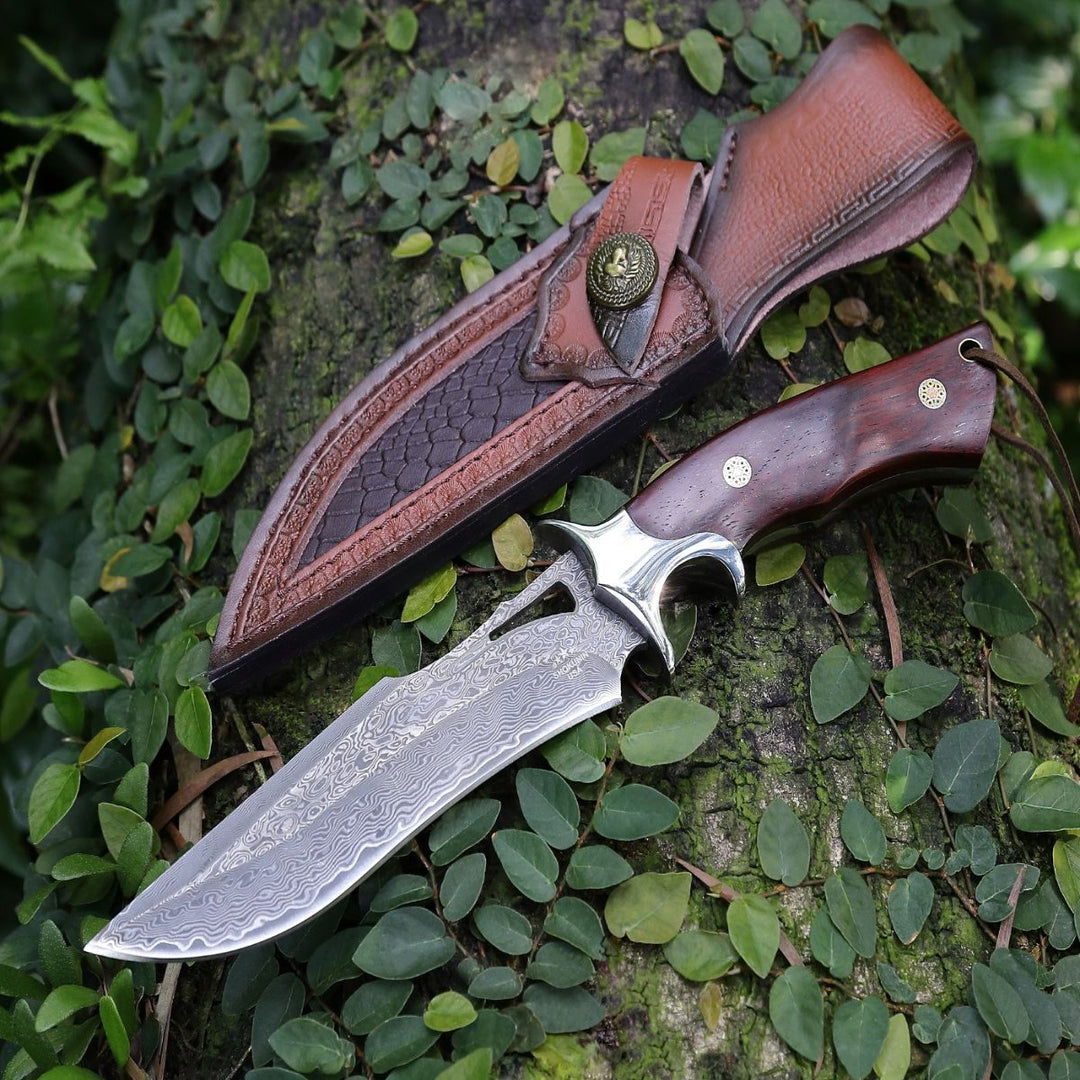
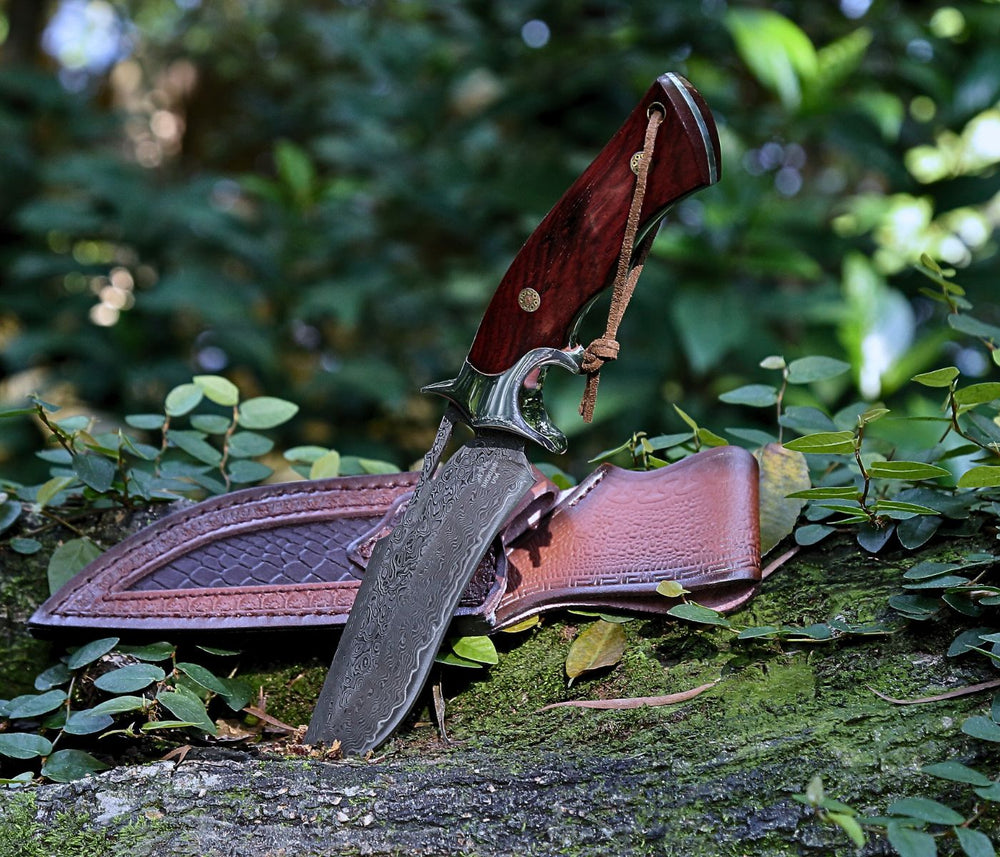
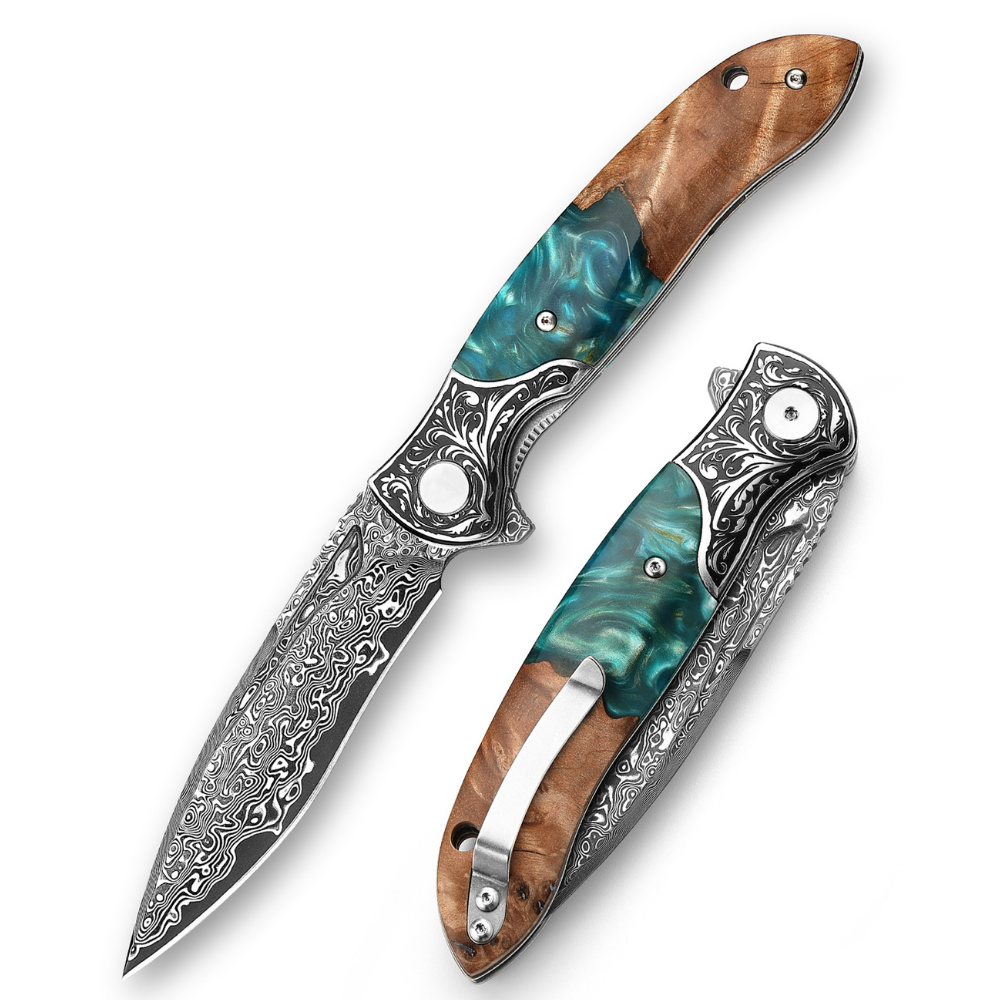
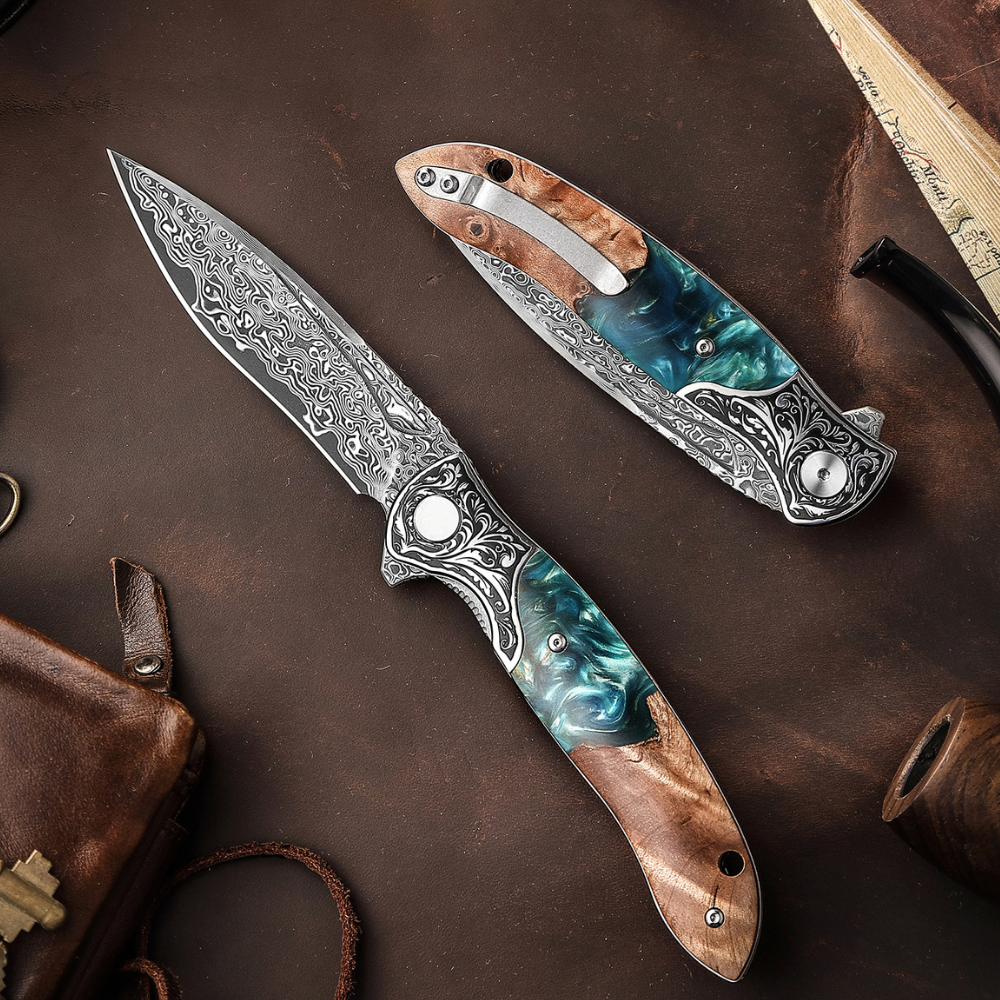
Leave a comment